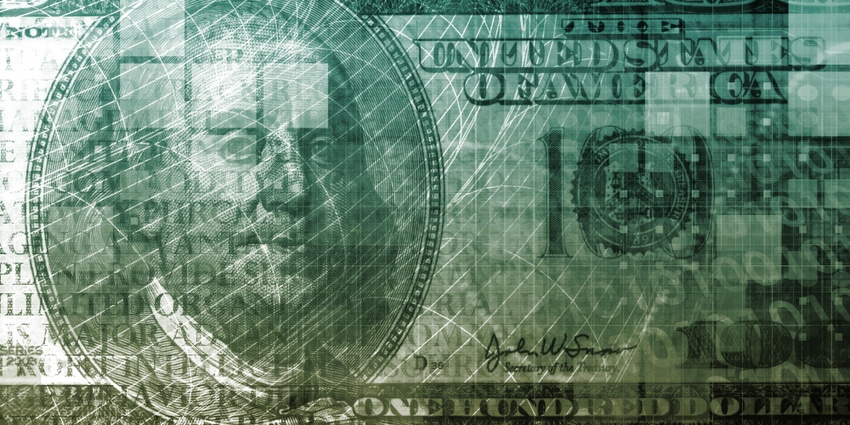
According to a new report from the financial analysts at New Street Research, the US telecom industry stands to lose roughly $4 billion in market value – and $1.1 billion in revenues – if the Affordable Connectivity Program (ACP) ends.
New Street said it based its latest calculation on its own survey of over 1,000 ACP recipients as well as data from Recon Analytics, the FCC and the Benton Institute, plus commentary from companies in the ACP program and historical data obtained during the pandemic.
The firm found that 27% of ACP beneficiaries said in surveys that they will drop service if their bill increases by $30 (the amount of the ACP subsidy). However, the analysts estimated that around 1.2 million households may actually do so, considering survey responses often do not directly correlate with actual behaviors.
The firm also estimated that around 1.6 million households will cut their telecom spending by $15 per month if the ACP ends.
The ACP builds on the US government's Emergency Broadband Benefit (EBB) program, instituted during the pandemic, and basically gives up to $30 per month to low-income households for telecom services. It's currently used by around 23 million American households.
Companies in the program were required to warn customers by today – Tuesday, March 19 – that the ACP program may end. The FCC also noted today that May is the last month partial ACP funds will be available. Specifically, the agency said ACP benefits will be between $7 and $16 per household in May, instead of $30.
Charter prepares
"Charter accounts for half of the subscribers, revenue, and EBITDA [earnings before interest, taxes, depreciation, and amortization] at risk," the New Street analysts wrote. "The impact should be immaterial to all other operators."
That comes as little surprise. FCC data has long pointed to Charter as the biggest participant in both the EBB and ACP.
"There will be a meaningful impact to net additions for Charter and for others to the extent that ACP is not renewed," acknowledged Charter CFO Chris Winfrey during a recent investor conference, according to Seeking Alpha. "The reality is that there will be ... an impact to low-income customers if the program isn't renewed. But it doesn't change our long-term trajectory of where we go, and we have a large, stable base of customers with or without ACP."
Winfrey said his "hope and expectation" is that the ACP program will be renewed by Congress.
But the topic appears to be weighing on investors. Charter's shares have fallen roughly 33% during the past six months.
Congress preoccupied
Top lawmakers and the White House reached a preliminary deal this week to avoid a government shutdown and continue to fund key government agencies. According to Axios, that agreement would represent a milestone for House Speaker Mike Johnson because his predecessor wasn't able to pass a budget.
However, some analysts are skeptical that legislators can reach a similar agreement over extending the ACP program.
"The odds of passage have not improved," summarized Blair Levin, a policy adviser to New Street Research and a former high-level FCC official, in a note to investors Monday.
Levin noted that 197 House members are now listed as sponsors to a bill designed to keep the ACP program intact. However, most of those co-sponsors are Democrats and "the bottleneck for passage is the speaker, who we don't think will allow a vote."
Read more about:
ACPAbout the Author(s)
You May Also Like




_International_Software_Products.jpeg?width=300&auto=webp&quality=80&disable=upscale)







